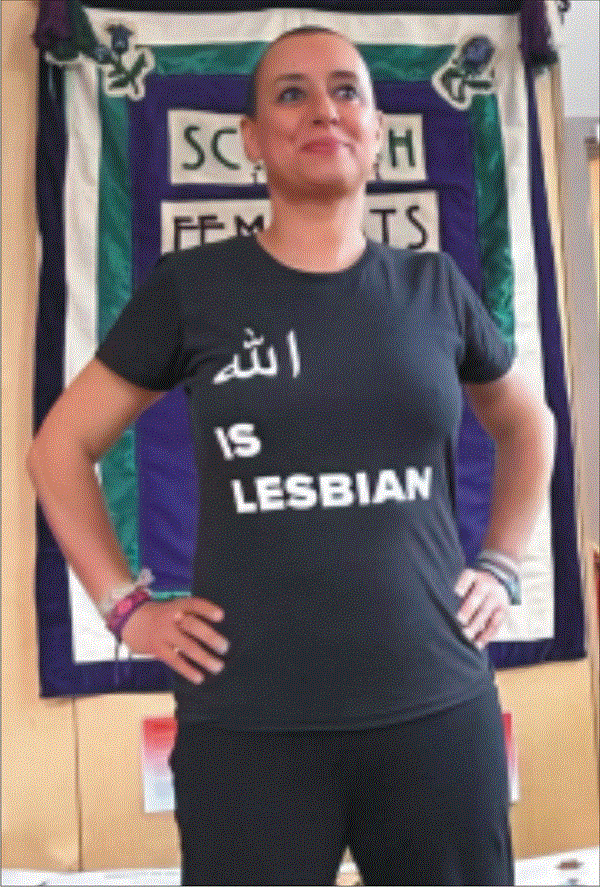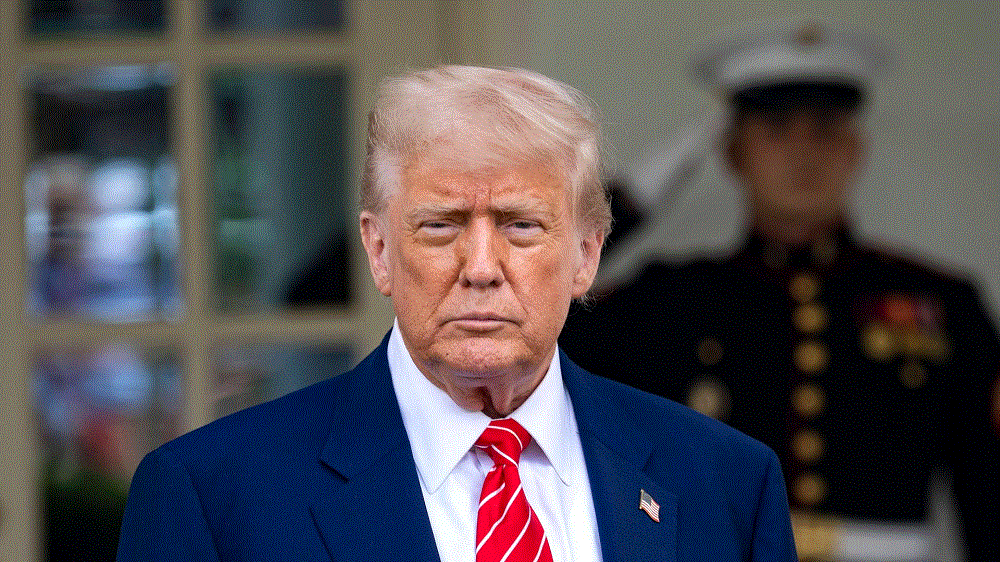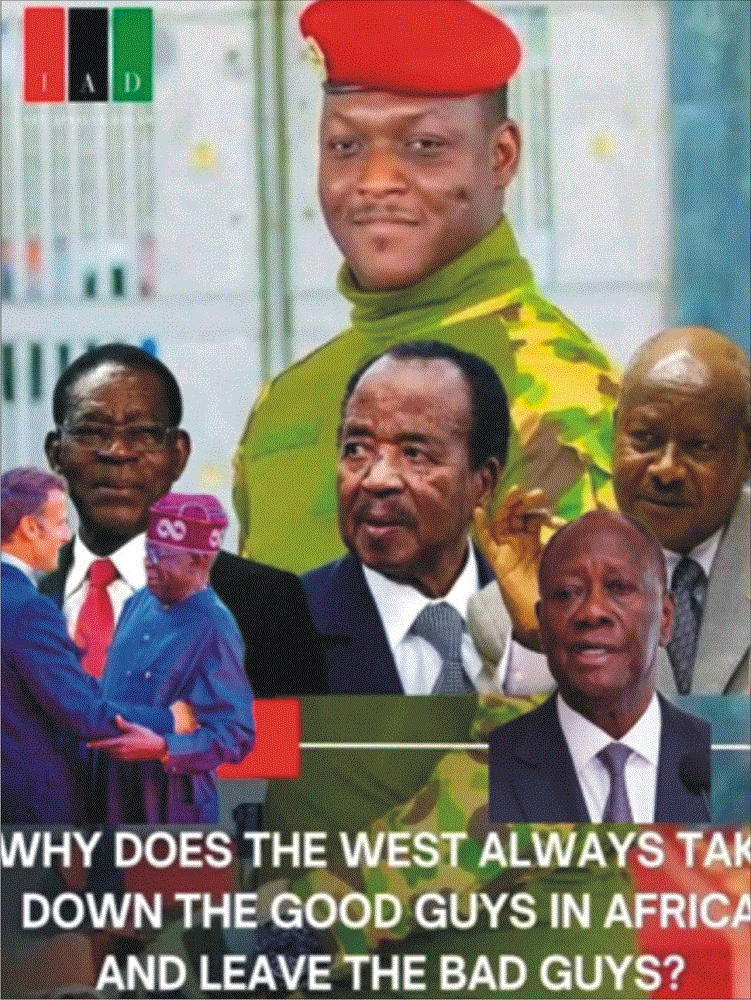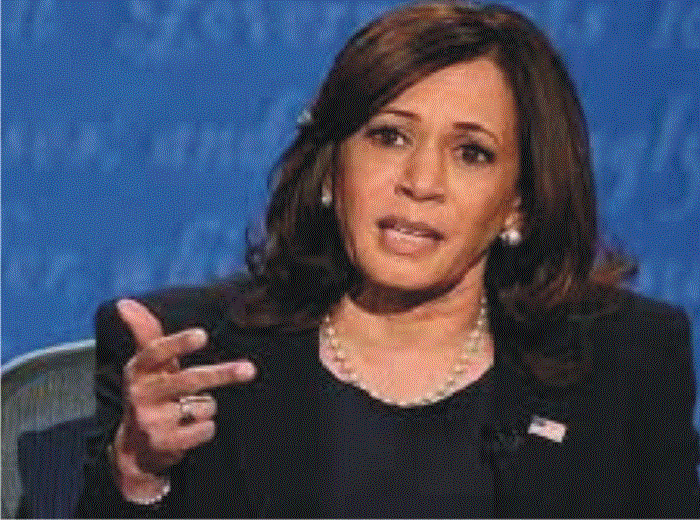WHO To Purchase Two Billion Doses Of COVID-19 Vaccines
The World Health Organisation and its key partners, Gavi, the Vaccine Alliance and the Coalition for Epidemic Preparedness Innovations, have unveiled plans to acquire 2 billion doses of COVID-19 vaccines for highest risk populations across the world.
The coalition estimates the initiative will cost $18.1 billion to be executed.
Barring no hitches, it is anticipated that by the end of 2021, the doses could be delivered to countries to vaccinate high-risk individuals, including health care workers, people over 65, and other adults suffering from other debilitating health conditions like diabetes, WHO disclosed.
The initiative is part of WHO’s an effort at ensuring that all countries have access to COVID-19 vaccines, therapeutics and diagnostics.
According to WHO, the project would also need commitments from high and upper-middle-income countries to purchase up to 950 million doses of vaccine.
Based on the plan, countries will be offered “shares” of the nine candidate vaccines that CEPI is supporting, as well as other vaccines the consortium may end up purchasing.
The idea behind it is that as it is not yet known which vaccines will be successful, hence, purchasing shares in a pool, which is to be called the Covax facility, will broaden a country’s chances of having access to vaccines.
It is also expected that charitable donors will help support shares for low- and middle-income countries, WHO explained.
Reports show that individual countries that can afford to buy are already negotiating advance direct purchase agreements with various manufacturers and are also helping to pay upfront for the cost of making a vaccine before it is effective.
However, should a country make a big investment in one vaccine, only to see it fail, it could find itself with limited alternatives in the early days of vaccine availability when demand will be huge and supply scarce, experts have warned.
“It’s risky for them to do that and it’s also not ethically the right approach, because it leaves the rest of the world without vaccine doses,” noted Soumya Swaminathan, WHO’s chief scientist.
Seth Berkley, CEO of Gavi, said the risk is real as vaccines are difficult to make and historically, more vaccine projects fail than succeed.
He explained that about 7 per cent of vaccines make it through preclinical development, and maybe 15 per cent to 20 per cent that enters the clinic is successful.
“The vast majority will fail, but by having a large portfolio like this will move forward,” he said.
Berkley revealed that the facility has signed a memorandum of understanding for 300 million doses with AstraZeneca, which is partnering with Oxford University on a vaccine that has already begun a Phase 3 clinical trial.
According to the WHO, there are currently 16 Covid-19 vaccines in clinical trials already, and at least another 125 in earlier stages of development.
Richard Hatchett, CEPI’s chief executive officer, said production support of some vaccine candidates gives Covax a right of first refusal to vaccine doses where the programme has provided financial support for the manufacturing of the vaccine.
“The advantage of the facility is that it is the ‘first customer inline’ for those projects where access agreements exist but it can also go out to the market and buy any vaccine “And the large volume guarantees will be very attractive to companies,” Hatchett said.




